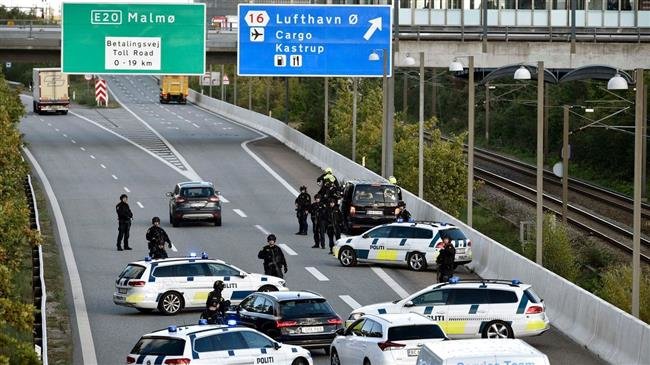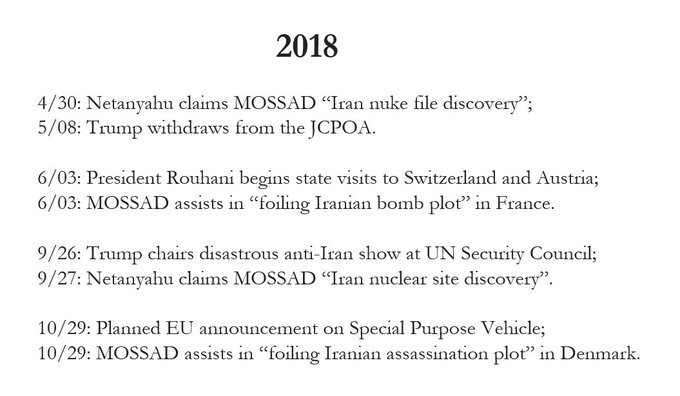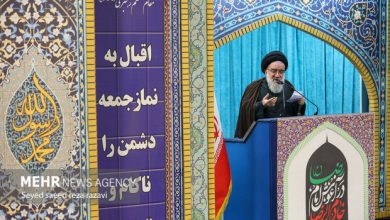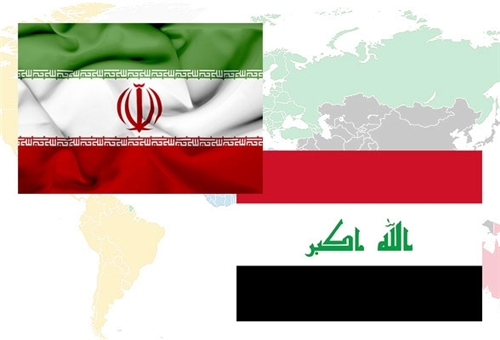Netanyahu admits Israel behind Europe’s row with Iran over murder plot allegations


Prime Minister Benjamin Netanyahu has admitted that Israel is behind what Iran calls “false flags” in Europe where Tehran has been accused of assassination plans.
Netanyahu on Thursday claimed that Israel had recently revealed a number of “Iranian plots to carry out attacks on European soil.”
Speaking to reporters after talks with his Bulgarian counterpart in Sofia, Netanyahu said he had “warned” Europe of what he called “possible Iranian attacks on its soil.”
He did not provide further details, but his comments could be a sign that the accusations recently raised by Belgium and Denmark against Iran had been triggered by the Israeli regime.
Back in June, Belgian authorities said that Iranian diplomat Assadollah Assadi had been arrested over suspicions of plotting a bomb attack on a meeting of the terrorist Mujahedin Khalq Organization (MKO). Germany later extradited the Iranian diplomat to Belgium.
Later on October 30, Danish intelligence chief Finn Borch Andersen claimed that an Iranian intelligence service had tried to carry out a plot to assassinate an Iranian Arab opposition figure on Denmark’s soil.
Swedish security police also said a Norwegian citizen of Iranian descent had been arrested on October 21 in connection with the alleged plot and extradited to Denmark.
Israeli media later revealed that the Israeli spy agency Mossad had provided Denmark with “intelligence” concerning the alleged plot by Tehran.
Iranian Foreign Minister Mohammad Javad Zarif on Wednesday said such “false flags” by Tel Aviv will fail to hurt Tehran’s ties with the world.
In a tweet, Zarif said, “Mossad’s perverse & stubborn planting of false flags (more on this later) only strengthens our resolve to engage constructively with the world.”
Zarif later posted a “chronology of a Mossad program to kill the JCPOA”, and suggested that the events are not “incredible series of coincidences”.
The Israeli regime’s warnings about the alleged Iranian plots in Europe are part of its campaign to pressure European nations to take a tougher stance toward Tehran as EU powers – Germany, France, and the UK – are working with Iran against US sanctions.
The European efforts to maintain business relations with Iran come as the US and its regional allies have been working hard to convince the world to cooperate in the implementation of new sanctions to be imposed on Iran on November 5.
Iran and Europe in September decided to establish a special payment channel to facilitate the transactions between their businesses in defiance of the American sanctions.
The channel was first presented in a ministerial meeting between Iran and European signatories of the JCPOA held in New York in September.
US President Donald Trump announced in May that Washington was pulling out of the Iran nuclear deal which lifted nuclear-related sanctions against Tehran in exchange for restrictions on Tehran’s nuclear program.
A first round of American sanctions took effect in August, targeting Iran’s access to the US dollar, metals trading, coal, industrial software, and auto sector. A second round, forthcoming on November 5, will be targeting Iran’s energy sector and financial transactions.









